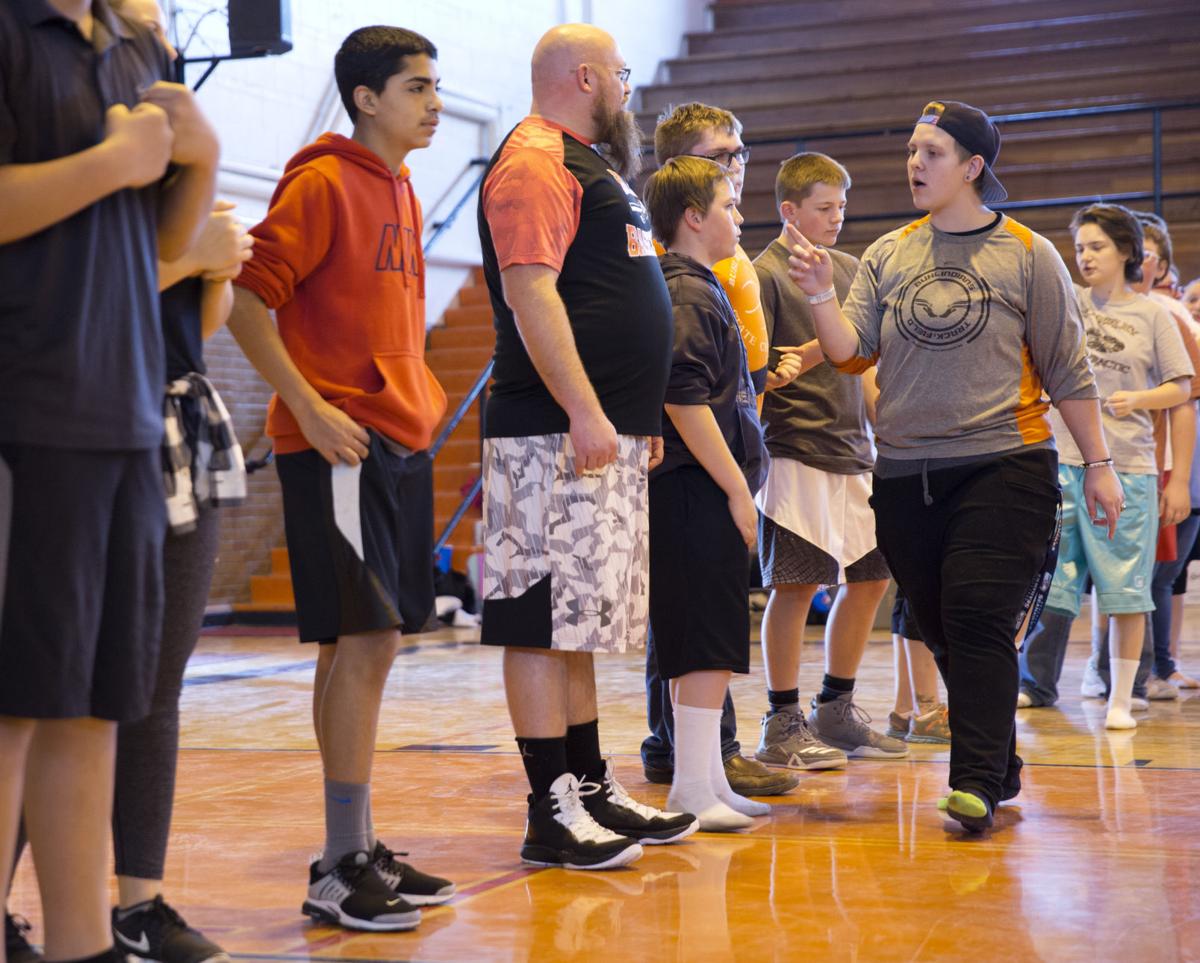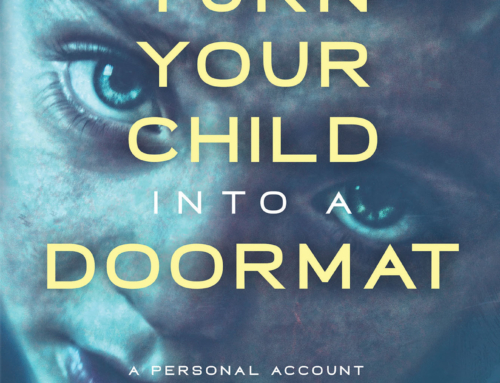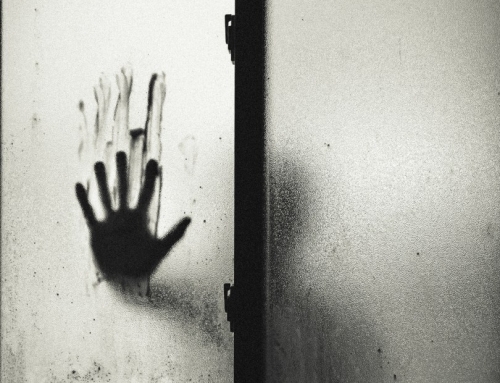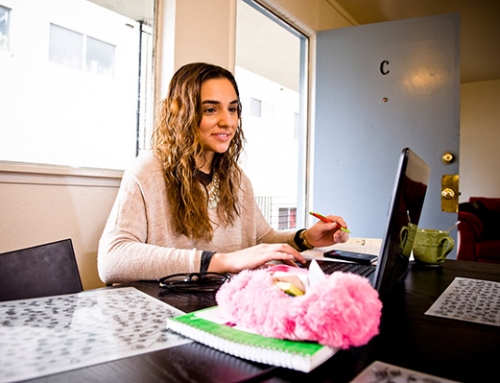TWIN FALLS — A social worker pushed Baylee Brown to seek reconciliation with her biological mother.
The teenager thought it was too soon. She wasn’t ready.
When Baylee had been hospitalized as a high school freshman, child protection workers didn’t allow her to return home. Her mother and stepfather did drugs, she said, and her stepfather was abusive toward her younger sister.
But when the social worker insisted, Baylee poured her energy into writing a five-page letter to her mother, explaining how she was impacted by the events that sent her to the hospital.
She wanted an apology. The response she received instead: All the family can do is move on.
Baylee, a 17-year-old Buhl High School senior, doesn’t have contact with her mother now. “I don’t want anything to do with her.”
Reunification with biological parents is the ultimate goal in Idaho’s foster care system. But when parents can’t pull their lives together enough to meet the state’s requirements, their children might be adopted or age out of the foster system. Even a child reunited with a biological parent faces special challenges, such as repairing broken relationships. And without extra guidance, any foster child might enter adulthood without the needed skills.
Whatever the outcome of parents’ neglect, abuse or drug habits, their children experience lasting consequences.
‘Tired of going
to different homes’
Biological parents’ rights can be terminated quickly if there is an aggravating factor like physical or sexual abuse. Parental rights can also be terminated if parents fail to successfully complete Idaho Department of Health and Welfare case plans within about two years.
In those cases, kids need something more than temporary care.
Brenda Hoover, a family friend who fostered Baylee for three years, became her permanent guardian in October. It’s a relationship that developed for years.
Though they aren’t biological relatives, Baylee called Hoover her “aunt” even before being her foster child. “My whole life, she’s known me,” Baylee said.
“I promised Baylee in the very beginning,” Hoover said, “that I’d be on her side and fight for her 110 percent.”
As Baylee’s letter to her mother brought a disappointing response, Baylee was considering whether to stay in the Magic Valley or move to Washington to live with relatives.
“I just chose to stay because I was tired of going to different homes,” she said.
David and Amanda Coach of Twin Falls became foster parents in 2002 after struggling to have children. Their first foster children were two brothers, a 5-year-old and an infant.
“We just loved everything about it,” David said. “It was awesome.”
Over the years, they adopted 10 children, nine of whom they fostered first. The children now range in age from 12 to 28, and the Coaches’ experiences as foster parents inspired them to become social workers for Health and Welfare.
Some people have told the couple they’re crazy for adopting 10 children.
“It was meant to be,” David said.
The Coaches have five children under their roof now: two 12-year-old boys, two 13-year-old boys and a 24-year-old. Their 15-year-old daughter is living at Hope House in Marsing, which helps with behavior that wasn’t manageable at home, David said.
Even adoption can’t guarantee a smooth future.
‘I didn’t blame her’
Of the 176 south-central Idaho children exiting foster care in 2016, 123 were reunited with parents. But even for those children the challenges continue: forgiving a parent, adjusting to new household rules.
By law, children must be returned home when their biological parents reach a minimum safety threshold, said Ellen Leavitt, a Health and Welfare employee who handles foster parent licensing.
“Usually, that’s not to the standard that foster parents can do it,” she said. “It’s hard to let kids go back, and they feel like they could have done a better job.”
Here’s how Jerome foster mother Anne Sharp put it: “I would be lying if I always felt comfortable when they go home, but I get to see that they love their kids, and they mean the best. It’s not because they don’t love their kids; they have other things in the way.”
Dayne and Terri Mortensen of Jerome keep in touch with many of the 60 to 75 foster children who’ve come through their home. They even go to birthday parties and sports games.
“It’s really, really nice,” Terri said.
The Mortensens get attached. When it’s time for their foster children to be reunited with biological parents, Dayne said, “it’s like tearing a piece of your heart out.”
Occasionally, they take a month or two off from fostering to decompress after saying goodbye to a child.
It’s going to hurt and you’re going to experience loss, Terri said, but “you’re building a lifetime relationship with them.”
Twin Falls foster parent Tina Baker stays in touch with two children she and her husband fostered for five months. Now the children live with their biological family in Burley.
With a few children she has fostered, Baker didn’t agree with a judge’s decision to send them home. But even the other departures were difficult.
“It should break your heart when they leave,” she said.
Devon Larison, 18, entered foster care when he was 13; his father used drugs and was sent to prison. Five years later, Larison is back living with his father.
Larison was placed in two homes while in foster care — the first in Boise.
“I didn’t like Boise,” he said. “I was hanging out with the wrong people.”
Larison said he got into trouble and was sent to a group home. Then he transferred to live in Twin Falls with Susan Baca, a foster parent recruiter for Health and Welfare, for seven months. He liked that because it brought him back home and he got to see his father more.
“Just having someone you knew,” he said. “Having family there made it easy.”
Being reunited with his father is awkward sometimes, Larison said, because he’s not a child anymore but his father tries to set rules and curfews. But Larison said his childhood helped him become more compassionate and caring.
“We are more emotionally connected,” he said, despite his father’s absence from his teen years. “It was a difficult time. I feel more mature and knowledgeable about things like that.”
Amber Philippi went into foster care at 14. Now 16, Philippi was reunited with her mother in September.
Philippi said her mother was divorced, unemployed and depressed before she started using drugs.
“That’s when things started going downhill,” Philippi said. “I don’t want pity. I’m trying to show people even if you go down the wrong road they don’t always have to be down in the dumps.”
Philippi dropped out of high school as a sophomore but plans to attend Job Corps training.
She lived in a foster home in Hagerman with four other foster children for six months. She remembers getting into trouble a lot.
“As a kid, I was an only child,” she said. “I didn’t have rules.”
Philippi said she never hated her mom when she was in foster care — but told her mom it would take a long time to forgive her.
“I didn’t blame her,” she said. “Sometimes life is not all that great.”






